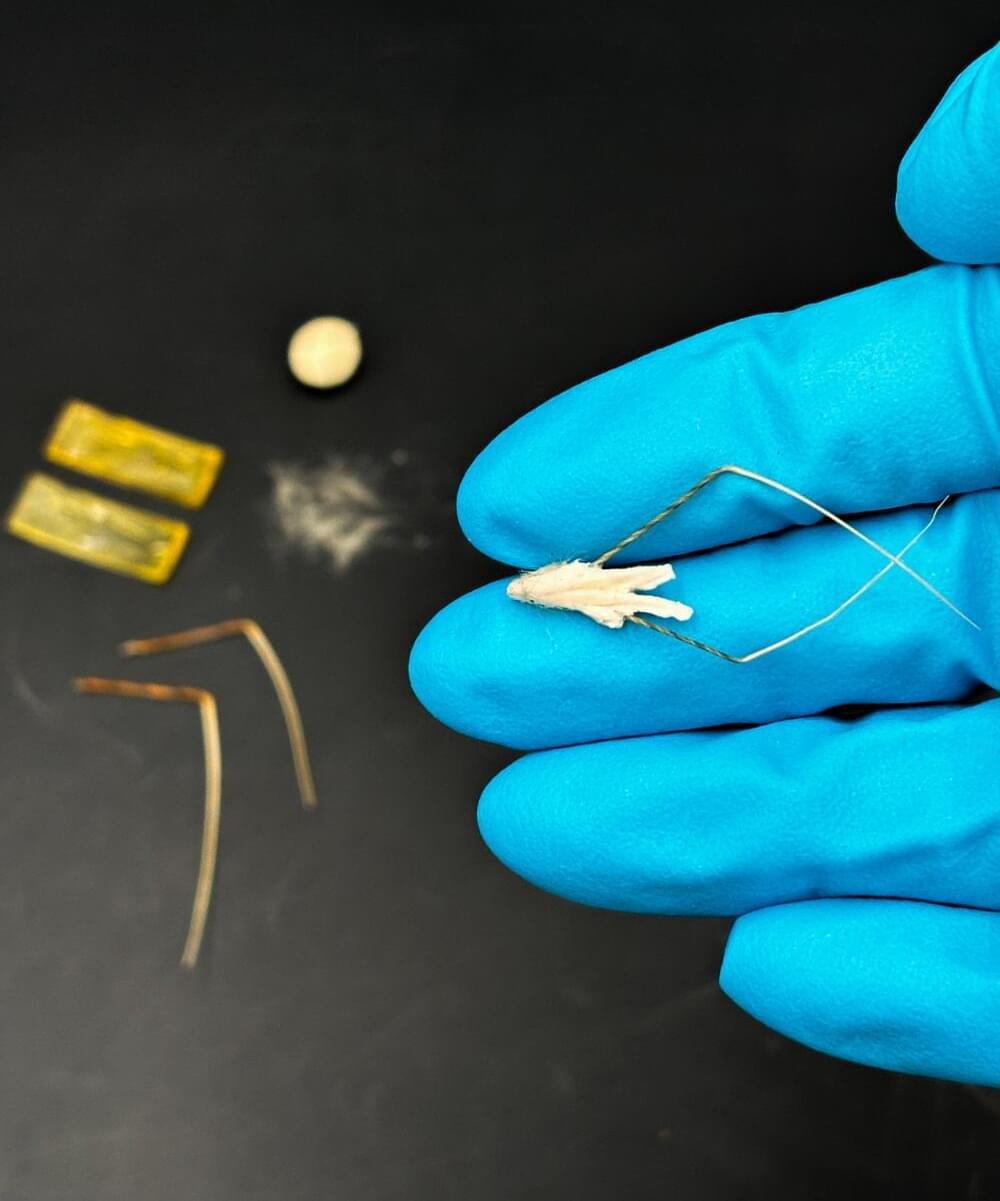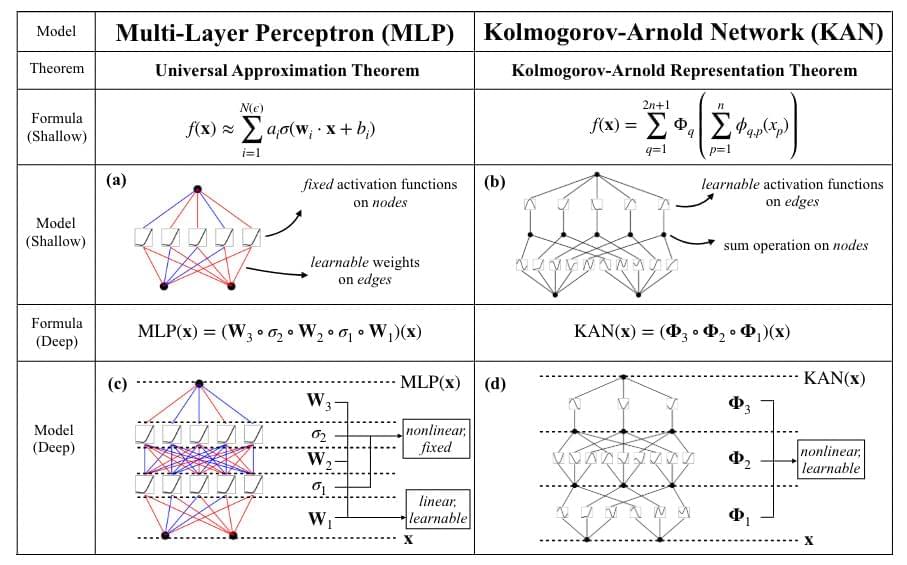May 13, 2024
Researchers publish largest-ever dataset of neural connections
Posted by The Neuro-Network in categories: biotech/medical, information science, robotics/AI
Scientists have published the most detailed data set to date on the neural connections of the brain, which was obtained from a cubic millimeter of tissue sample.
A cubic millimeter of brain tissue may not sound like much. But considering that that tiny square contains 57,000 cells, 230 millimeters of blood vessels, and 150 million synapses, all amounting to 1,400 terabytes of data, Harvard and Google researchers have just accomplished something stupendous.
Led by Jeff Lichtman, the Jeremy R. Knowles Professor of Molecular and Cellular Biology and newly appointed dean of science, the Harvard team helped create the largest 3D brain reconstruction to date, showing in vivid detail each cell and its web of connections in a piece of temporal cortex about half the size of a rice grain.
Continue reading “Researchers publish largest-ever dataset of neural connections” »


















